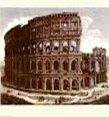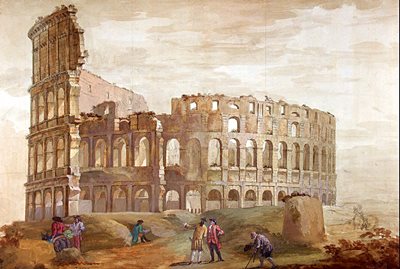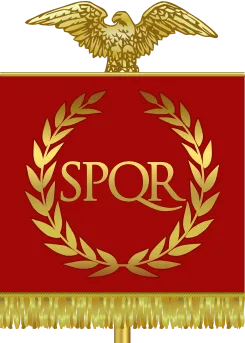|
| Love |  | Si vis amari, ama. If you wish to be loved, love. — Seneca, 5 AD-65 AD, Roman philosopher |  | Nunc scio quid sit Amor. Now I know what Love is. — Virgil, 70-19 BC, Roman poet |  | Omnia vincit amor. Love conquers all. — Virgil, 70-19 BC, Roman poet |  | Amantes sunt amentes. Lovers are lunatics. — Terentius, c. 185-159 BC, Roman comic playwright |  | Ut ameris, amabilis esto. If you want to be loved, be lovable. — Ovid, 43 BC-17 AD, Roman poet |  | Amantium irae amoris integratio est. Lovers’ quarrels are the renewal of love. — Terentius, c. 185-159 BC, Roman comic playwright |  | Amor omnibus idem. Love is the same for all. — Virgil, 70-19 BC, Roman poet |  | Sine Cerere et Baccho friget Venus. Without Ceres and Bacchus, Venus freezes. — Terentius, c. 185-159 BC, Roman comic playwright (meaning: without bread and wine, love freezes) | | | |
|
|
|
| Greetings |  | Ave Caesar, morituri te salutant. Hail, Caesar, those who are about to die salute you. — Latin phrase | | | |
|
|
| Brevity |  | Multa paucis. [Say] much in few [words]. — Latin phrase | | | |
|
| Silence |  | Sine sole sileo. Without the sun I fall silent. — Medieval Sundial motto |  | Qui tacet consentit. He who is silent consents. — Latin phrase | | | |
|
| Seeing |  | Espice, adspice, prospice. Look behind, look here, look ahead. — Latin phrase |  | Vide et credere. See and believe. — Latin phrase | | | |
|
|
|
| Persuasion |  | Vide et credere. See and believe. — Latin phrase |  | Ultima ratio regum. The final argument of kings. — Latin motto engraved on the cannons of Louis XIV | | | |
|
|
|
|
| Protesting |  | Vox populi, vox dei. The voice of the people is the voice of God. — Latin phrase | | | |
|
|
| Threat |  | Hannibal ad portas. Hannibal at the gates. — Latin phrase (Roman alert when Hannibal was approaching to Rome, around 217 BC) | | | |
|
|


